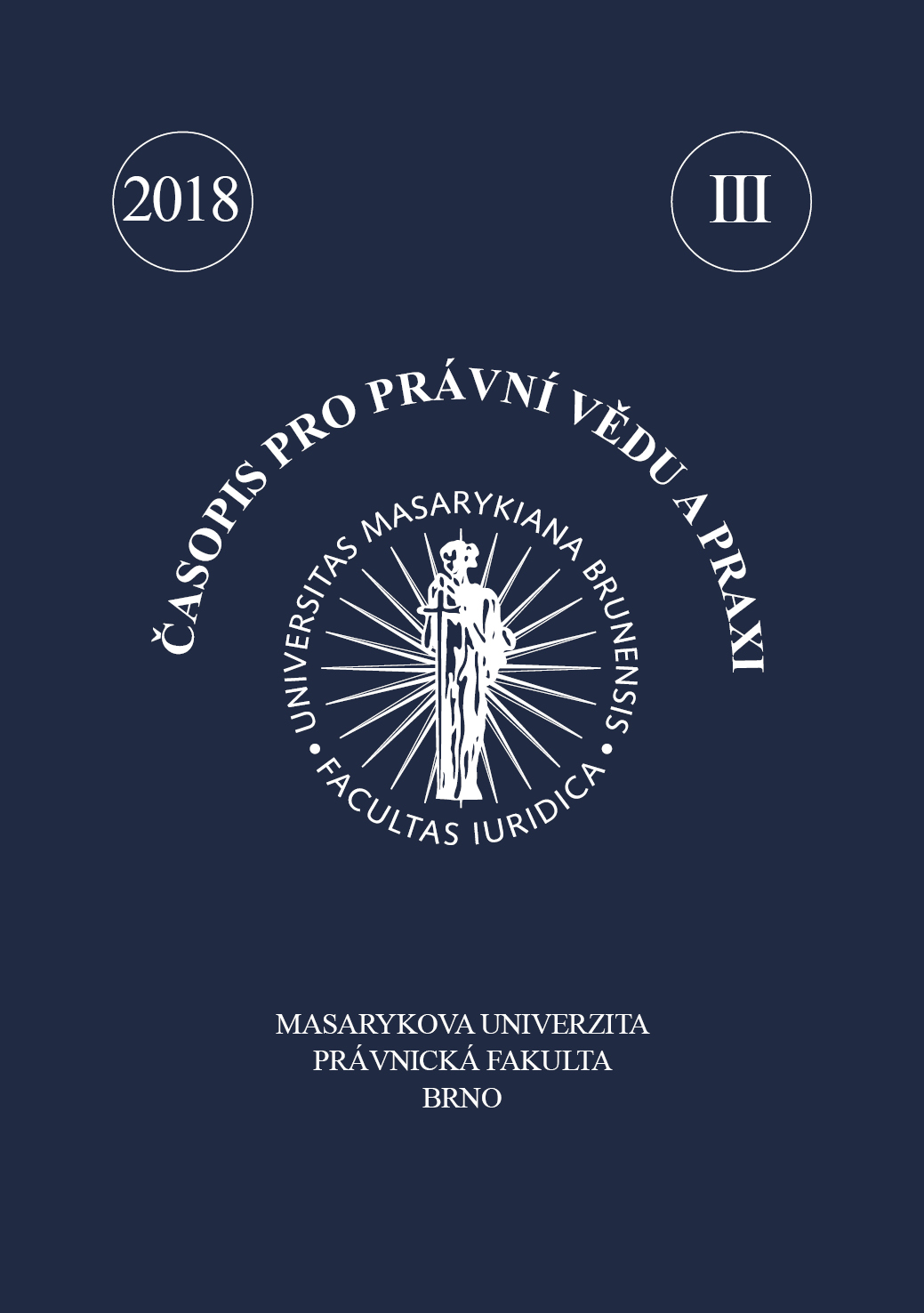Abuse of Discretionary Powers in Administrative Law. Evolution of the Judicial Review Models: from “Administrative Morality” to the Principle of Proportionality
Abuse of Discretionary Powers in Administrative Law. Evolution of the Judicial Review Models: from “Administrative Morality” to the Principle of Proportionality
Author(s): Jerzy ParchomiukSubject(s): Civil Law
Published by: Masarykova univerzita nakladatelství
Keywords: Discretionary Powers; Abuse of Power; Principle of Proportionality; Excess of Power; Ultra Vires; Judicial Self-restraint.
Summary/Abstract: Abuse of power is one of classic concepts in administrative law. According to the classical approach, this concept is based on the assumption that the scope of discretion of public administration bodies is defined, beside competence norms, procedural and legal grounds for action, also by the objective for which the discretionary powers was granted. The classic concept has evolved over the years. It is also evident that its importance has been in decline nowadays. The priority objectives of my study concerned more practical than theoretical aspects of the topic. The key issue of my work is to analyze how courts have changed their approach to the judicial review of the discretionary powers of public administration. I set myself two goals in this study: first, I would like to indicate the fundamental direction in which the classic concept of abuse of power evolves. Secondly, I would like to describe the contemporary role of this concept and to response whether it can still be an effective instrument to protect an individual from arbitrary decisions of the public administration.
Journal: Časopis pro právní vědu a praxi
- Issue Year: 26/2018
- Issue No: 3
- Page Range: 453-478
- Page Count: 26
- Language: English

